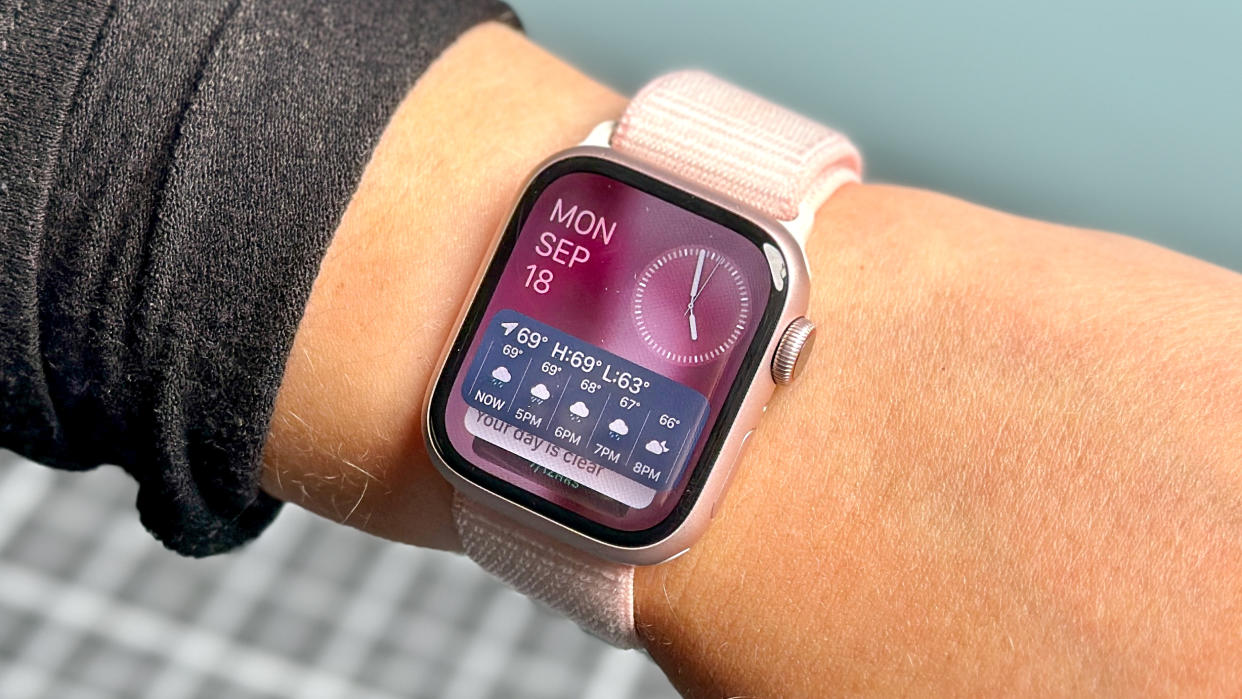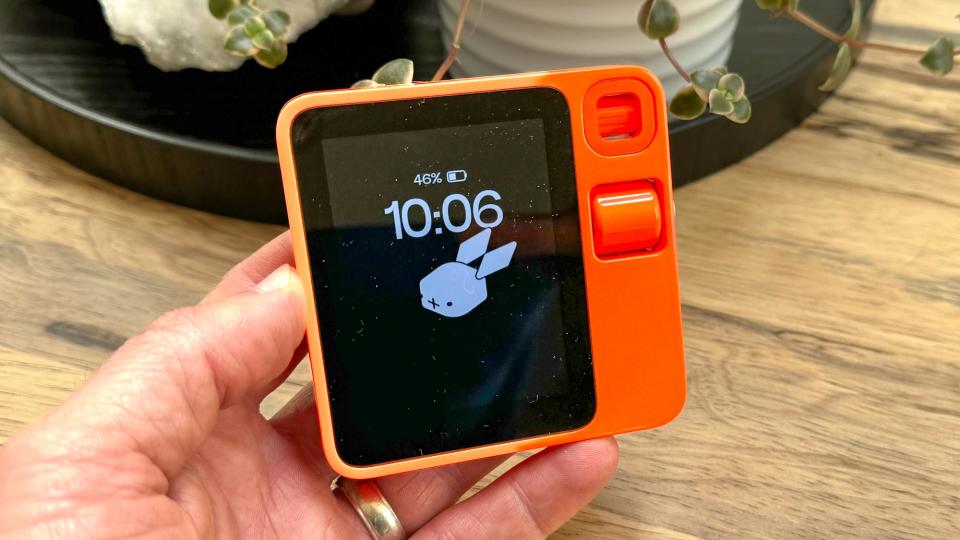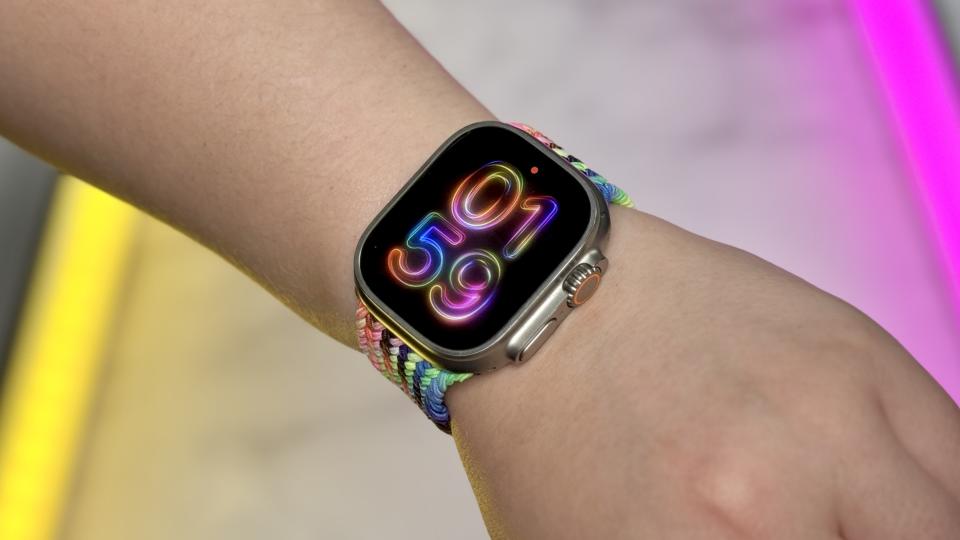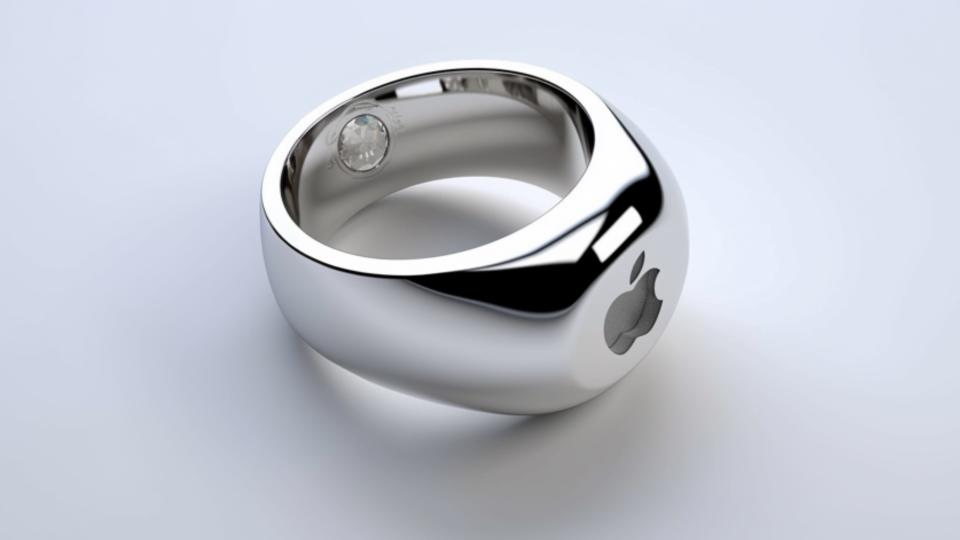Siri 2.0 is about to make the Apple Watch the ultimate AI wearable — here’s how

The only time I use Siri is to set kitchen timers. Most of my friends use Alexa just to start a music playlist — voice assistants were meant to be so much more than this. But with Apple expected to give Siri an AI upgrade with iOS 18, could the Apple Watch be the ideal vehicle for it?
Apple’s digital assistant is already built into the Apple Watch, so you can use voice commands to perform basic tasks like sending messages and identifying songs, but there’s a limited amount you can do and the onus is on you to remember the commands you need to get the result you’re after.
But if the sources are right, Apple is about to give Siri a massive (and much-needed) AI makeover with the release of iOS 18 later this year. We’ll have to wait until the WWDC keynote on June 10th to find out, but this could make the Apple Watch the AI device the Rabbit R1 never was.
You could (finally) leave your phone behind

The R1 and the Humane AI Pin were both terrible products, but they tapped into our desire to untether from our phones. For a brief moment, it looked like the future would be a pocket-sized AI device that you could ask to perform tasks, even complex ones involving multiple apps.
In essence, they created the Apple Watch. From what we know so far about Apple’s AI plans for iOS 18, you’ll be able to talk naturally to Siri 2.0 and it may even be able to interact with third-party apps on your behalf and control and navigate your iPhone or iPad.
Plus, the Watch can already connect to Wi-Fi and cellular networks (if you have the right model), so in the future, you could leave your phone at home, but still have access to all your apps, emails, and documents as if you had it in your hand.
There are lots of situations where this would be helpful, but especially when you exercise. The Watch has many fitness-focused sensors to help you track your training, but unless your workout app makes an Apple Watch version, you’ll need your phone to start your session.
Siri’s AI upgrades could make this a thing of the past, so you could quickly speak to the assistant and ask it to start a workout and set your phone to Do Not Disturb. And if Apple Music fixes its exercise playlists with AI recommendations, you could get the perfect soundtrack too.
The Apple Watch already tries to understand you

When the Apple Watch Series 9 debuted last year, it came with a lot of tech packed into its relatively small body. There’s an ECG for monitoring your heart health and sensors to track your heart rate, temperature, steps, location, and movement.
But since you can find most of these in the best fitness trackers, it’s the software that really helps the Apple Watch stand out. The wearable tries to make sense of the data, which is how we get features like fall and crash detection, heart rate notifications, and wellbeing reminders.
You don’t need to do anything to make these work — the watch handles the data processing in the background and will alert you if necessary. In a sense, it’s AI-lite, with the software taking over the heavy lifting so you can go about your day.
That’s what I’m hoping we get from Siri 2.0 — complex tasks performed on our behalf freeing up more time for the things you actually want to do. For all its benefits, technology has created a lot of busy work that we’d rather not do, and a quick chat with your watch could free you from it.
It could make the Apple Ring a reality

Over the years, Apple has made a name for itself as the privacy-focused Big Tech company and it uses on-device processing for many tasks, including Siri. It looks like Apple will offload some AI tasks to remote servers, but with a “virtual black box” to keep your data private.
The Apple Watch handles as much as it can locally too, although if you’re asking Siri to do something complex, it’ll likely have to switch to server-side processing. This sounds like a downside, but there’s a good reason for offloading resource-heavy tasks.
With fewer demands on the watch, Apple could switch to less powerful processors and fewer cooling components, leading to a lighter design. Or they may choose to prioritize battery life so that you wouldn’t need to charge the Apple Watch every day.
Plus, getting these processes in place could lead the way to other Siri-powered wearables like smart glasses or even an Apple Ring. This idea seems a bit out there, but the Wizper Ring already lets you talk to your AI companion from your finger, so maybe it's not as wild as it appears.
But I’m getting ahead of myself. The Apple Watch is already the best smartwatch for the iPhone, and these AI-powered upgrades could give Siri, and the watch, a massive performance boost, allowing you to actually leave your phone behind and focus on the task at hand instead.
